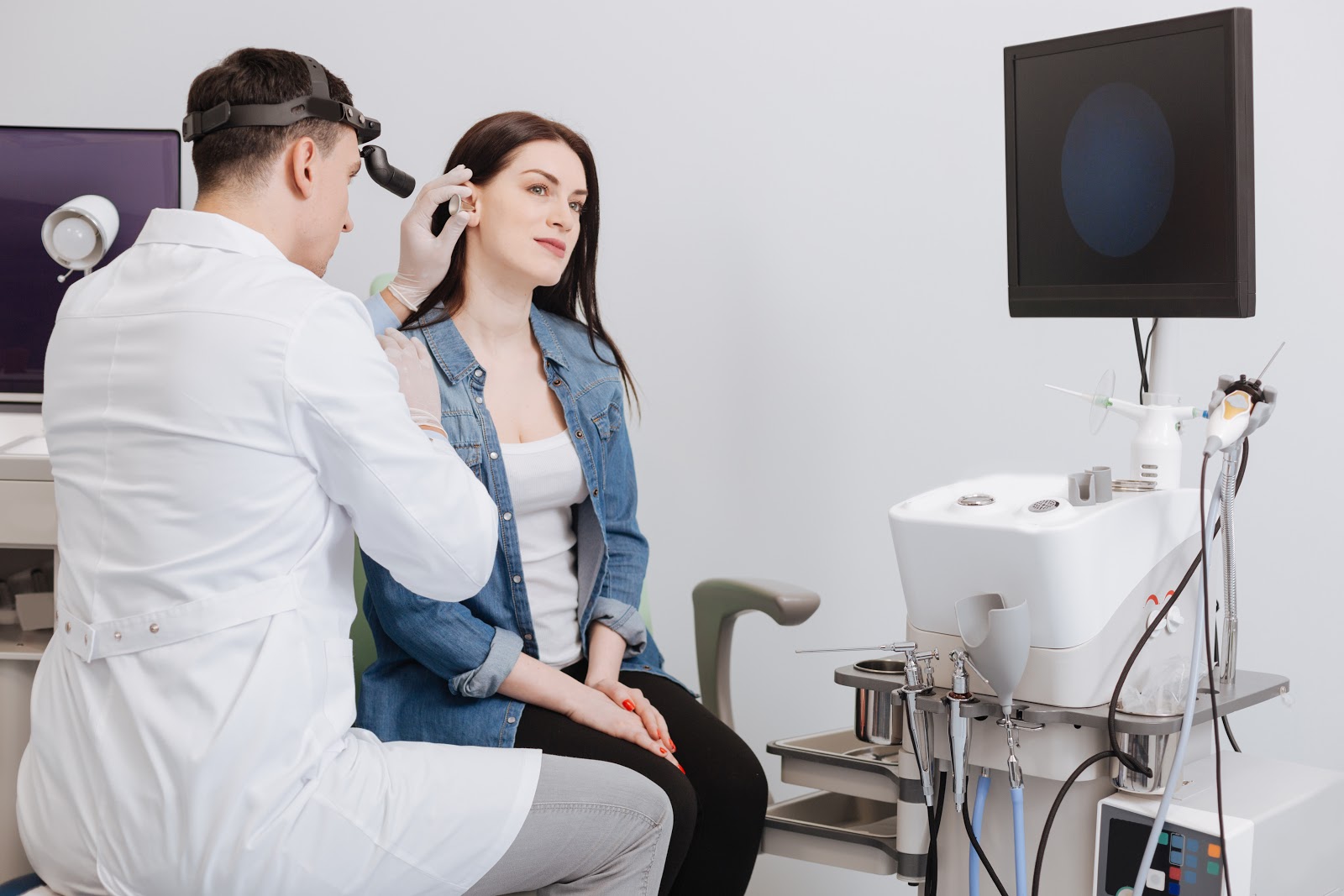ENT stands for “Ear, Nose & Throat” and refers to a specialty in medicine concerned with diagnosing and treating diseases or injuries related to the ear, nose, and throat.
These areas include the entire hearing and balance system and structures related to digestion and breathing.
Many different conditions can affect these parts of the body. For instance, a ear nose and throat doctor may treat the outer ear, middle ear, or inner ear problems.
These conditions can be very complex and even life-threatening if left untreated.
Read on to know the top symptoms to watch out for, so you can determine whether you need to visit an ENT doctor.
Otitis Media
It is a middle ear infection that usually occurs in children under five. An ENT specialist will first attempt to address the problem with antibiotics and decongestants.
If this does not work, other methods might be tried, such as myringotomy, where a small incision is made in the eardrum to relieve pressure buildup.
Serous Otitis Media
According to reports, in 2019, it was estimated that around 430 million people suffered from disabling hearing loss.
The ear disorder causes fluid to accumulate in the middle ear space. The best way to determine if you have this problem is by taking a pneumatic otoscope, which is an instrument that can look inside the ear to check for fluid.
Adenoid Infection
Also known as “tonsillitis,” an adenoid infection may cause ear pain, difficulty swallowing, and nasal obstruction. When you have this condition, the back of your throat will swell and produce adenoidal tissue. An ENT specialist may perform a tonsillectomy if this occurs.
Otitis Externa
The condition is characterized by redness, swelling, itching, and discharge in the outer ear canal. The area can become so painful that it hurts to open or close your mouth.
Treatment usually consists of oral antibiotics and topical medications applied directly to the ear.
Tinnitus
People with tinnitus notice a constant ringing in the ears, which can cause significant anxiety or depression. As tinnitus cannot be cured, treatment involves helping the individual deal with the noise rather than stopping it.
A ear, nose, and throat doctor or physician may use several different techniques to achieve this goal, including relaxation training and cognitive-behavioral therapy.
Vertigo
It is an intense feeling of spinning, accompanied by nausea and vomiting. It can affect a person’s balance and make it difficult to walk, stand or sit up straight. An ENT specialist may prescribe antihistamines or antibiotics to treat vertigo.
They might also suggest that the sufferer remains in a dark, quiet room after the illness has passed.
Smell Disorders
You usually cannot smell or taste things when you have this condition. An underlying medical condition may be responsible for smell disorders, but the cause is often unknown.
Treatment may include endoscopic sinus surgery.
Otitis Media With Effusion
The condition refers to fluid in the middle ear, which may be present for several months. Some parents wonder if this is a severe problem, but it usually isn’t, provided there are no other symptoms associated with it.
An ENT specialist will prescribe antibiotics or decongestants to treat otitis media with effusion. They might also recommend that the individual avoid any activities that involve diving or swimming until the fluid clears up.
Hearing Loss
Usually, hearing loss occurs gradually and results from aging or exposure to loud noises. Severe hearing loss usually cannot be reversed, but a doctor might still prescribe medication if the problem makes you anxious or interferes with your sleep. Sometimes a hearing aid is helpful.
If you’re experiencing any of the above-mentioned ENT issues, it is highly advisable to consult with an ENT specialist at the earliest to avoid any further complications.



























